
BBC One
Featured Show:
Noggin the Nog
Noggin the Nog is a popular British children's character. Noggin himself is a simple, kind and unassuming King of the Northmen in a roughly Viking-age setting, with various fantastic elements such as dragons, flying machines and talking birds.
BBC One TV Shows
2485 shows • Page 113 of 125
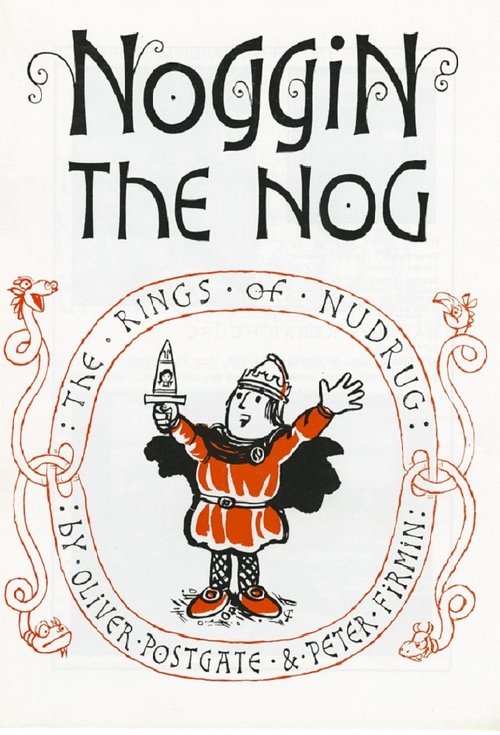
Noggin the Nog
Noggin the Nog is a popular British children's character. Noggin himself is a simple, kind and unassuming King of the Northmen in a roughly Viking-age setting, with various fantastic elements such as dragons, flying machines and talking birds.
 0
0The Adventures of Brigadier Wellington-Bull
The Adventures of Brigadier Wellington-Bull was a short-lived black-and-white British sitcom starring Alexander Gauge and Valerie Singleton. Written by Austin Melford, only one series of five 30-minute episodes was produced.

Juke Box Jury
Juke Box Jury was a musical panel show which originally ran on BBC Television from 1 June 1959 until December 1967. The programme was based on the American show Jukebox Jury, itself an offshoot of a long-running radio series. Throughout its run the series featured celebrity showbusiness guests on a rotating weekly panel judging the hit potential of recent releases. By 1962 the programme attracted 12 million viewers weekly on Saturday nights. The concept was later revived by the BBC for one series in 1979 and a further two series in 1989/1990.
 0
0Garry Halliday
Garry Halliday is a British television series for children that ran on the BBC from 1959 to 1962. The show starred Terence Longdon as airman Garry Halliday. The episodes were closely based on the books by Justin Blake.
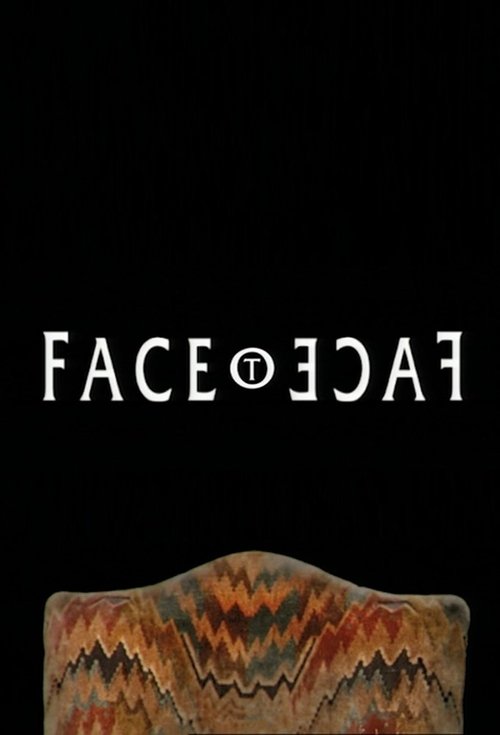
Face to Face
Face To Face is a BBC television series originally broadcast between 1959 and 1962, created and produced by Hugh Burnett, which ran for 35 episodes. The insightful and often probing style of the interviewer, former politician John Freeman, separated it from other programmes of the time. The series was revived in 1989 with Jeremy Isaacs as the interviewer. This version ran until 1998.
 0
0BBC Look North
BBC Look North is the BBC's regional television news service for the BBC North East and Cumbria region. The programmes are produced and broadcast from the BBC Broadcasting Centre on Barrack Road in Newcastle upon Tyne with journalists also based at newsrooms in Carlisle, Durham, Middlesbrough and York.
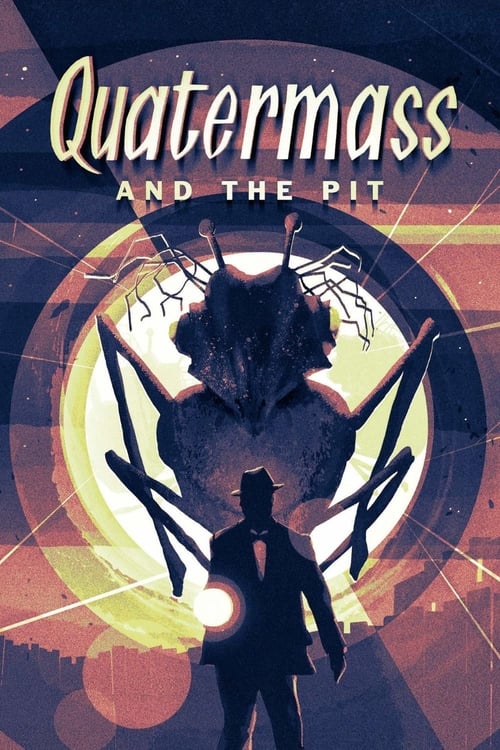
Quatermass and the Pit
A team of scientists search for the origin and purpose of a mysterious capsule found on a building site.
 0
0Private Investigator
Private Investigator was a groundbreaking British television drama that delved into the shadowy, complex world of private detection through the cases handled by an English detective agency. Central to the series was the character of John Unthank, played by seasoned actor Campbell Singer, whose understated but authoritative screen presence anchored the show. Unthank was supported by a capable team portrayed by Ursula Camm, Douglas Muir, Ian White, and Allan McClelland.
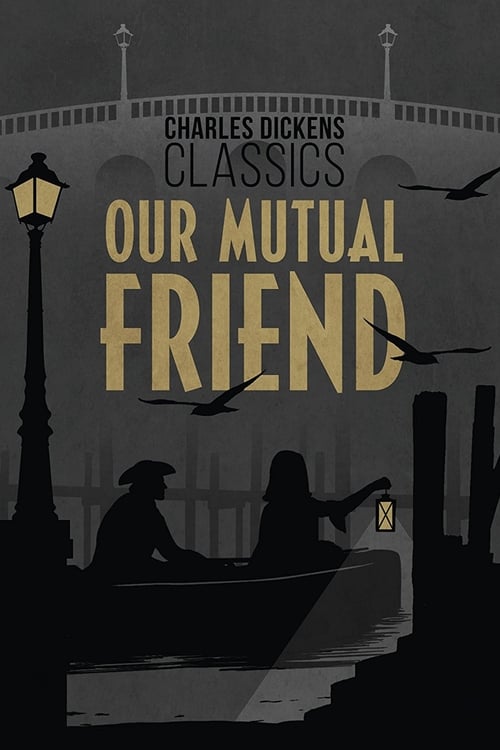
Our Mutual Friend
Intertwining tales of love, greed, and secret identities in 1860s London.
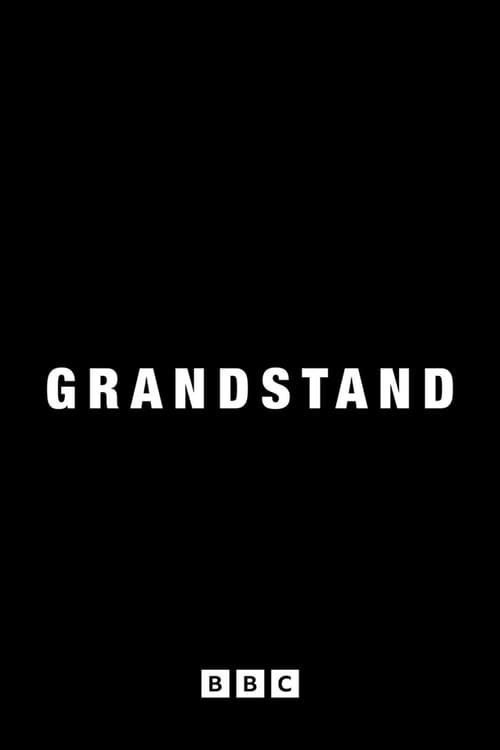
Grandstand
Grandstand was a British television sport programme. Broadcast between 1958 and 2007, it was one of the BBC's longest running sports shows, alongside BBC Sports Personality of the Year. Its first presenter was Peter Dimmock. There were only four main presenters of the programme during its long history: David Coleman, Frank Bough, Des Lynam, and Steve Rider. Changes in the structure of the programme during its last few years, however, meant it did not have a regular main presenter during this time. Among the more occasional hosts were Alan Weeks, David Icke, Clare Balding, Hazel Irvine, Bob Wilson, David Vine, Barry Davies, Dougie Donnelly, Harry Carpenter, Harry Gration, John Inverdale, Tony Gubba, Helen Rollason, Ray Stubbs and Sue Barker. The last editions of Grandstand were broadcast over the weekend of 27–28 January 2007.
 0
0The Sky Larks
The adventures of a helicopter crew based on the fictional aircraft carrier, HMS Aerial.

The Black and White Minstrel Show
The Black and White Minstrel Show was a British light entertainment show that ran on BBC television from 1958 to 1978 and was a popular stage show. It was a weekly light entertainment and variety show presenting traditional American minstrel and country songs, as well as show and music hall numbers, usually performed in blackface, and with lavish costumes. The show was created by George Mitchell.

Monitor
Monitor was a BBC arts programme that was launched on 2 February 1958 and ran until 1965. Huw Wheldon was the first editor from 1958 to 1965. He was also the principal interviewer and anchor. Wheldon set about moulding a team of talents, including John Schlesinger, Ken Russell, Patrick Garland, David Jones, Humphrey Burton, John Berger, Peter Newington, Melvyn Bragg, Nancy Thomas and Alan Tyrer. Monitor ranged in subject over all the arts. Wheldon's Monitor lasted until he had "interviewed everyone I am interested in interviewing", and he was succeeded by Jonathan Miller for the series' last season.
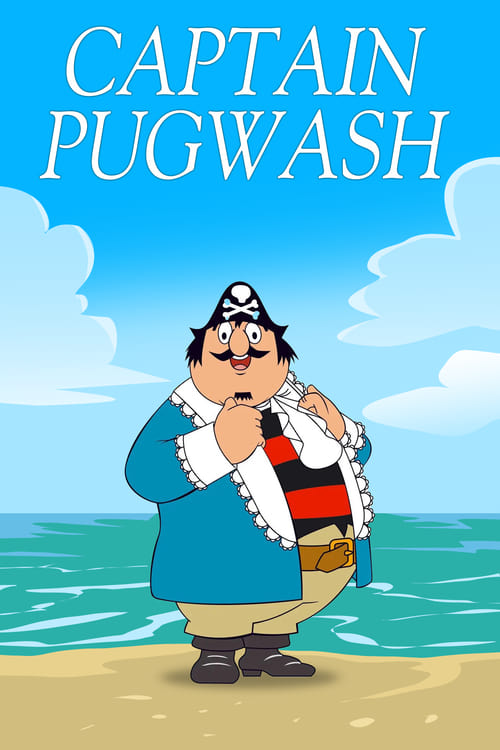
Captain Pugwash
The adventures of the pirate Captain Pugwash, of the pirate ship the 'Black Pig'
 0
0BBC Points West
BBC Points West is the BBC's regional news programme for the West of England, covering Bristol, the majority of Wiltshire, northern and eastern Somerset and southern Gloucestershire. Produced by BBC West, the programme is produced from the BBC Broadcasting Centre at Whiteladies Road, Bristol with reporters also based at newsrooms in Bath, Gloucester, Swindon and Taunton. The main presenters are Alex Lovell, David Garmston and Amanda Parr.
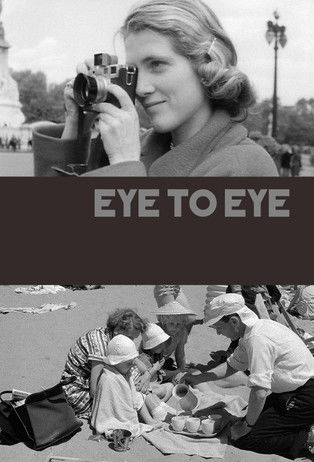
Eye to Eye
Documentary programmes looking at aspects of contemporary British life.
 0
0The Railway Children
A serial in eight parts adapted for television from the book by E. Nesbit.
 0
0Six-Five Special
The Six-Five Special is a British television programme launched in February 1957 when both television and rock and roll were in their infancy in Britain.
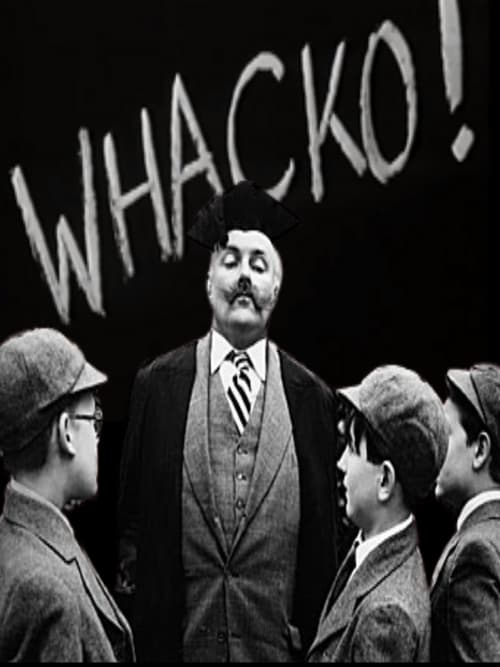 0
0Whack-O!
Whack-O! was a British sitcom TV series starring Jimmy Edwards, written by Frank Muir and Denis Norden, and broadcast from 1956 to 1960 and 1971 to 1972. The series ran on the BBC from 1956 to 1960 and from 1971 to 1972. Edwards took the part of Professor James Edwards, M.A., the drunken, gambling, devious, cane-swishing headmaster who tyrannised staff and children at Chiselbury public school. The Edwards character bore more than a passing resemblance to Sergeant Bilko as he tried to swindle the children out of their pocket money to finance his many schemes.

Hancock's Half Hour
Hancock's Half Hour is a BBC television comedy series of the 1950s and 60s written by Ray Galton and Alan Simpson. The series starred Tony Hancock with Sid James. The final series, renamed simply Hancock, starred Hancock alone. Comedian Tony Hancock starred in the show, playing an exaggerated and much poorer version of his own character and lifestyle, Anthony Aloysius St John Hancock, a down-at-heel comedian living at the dilapidated 23 Railway Cuttings in East Cheam. The series was influential in the development of the situation comedy, with its move away from radio variety towards a focus on character development.